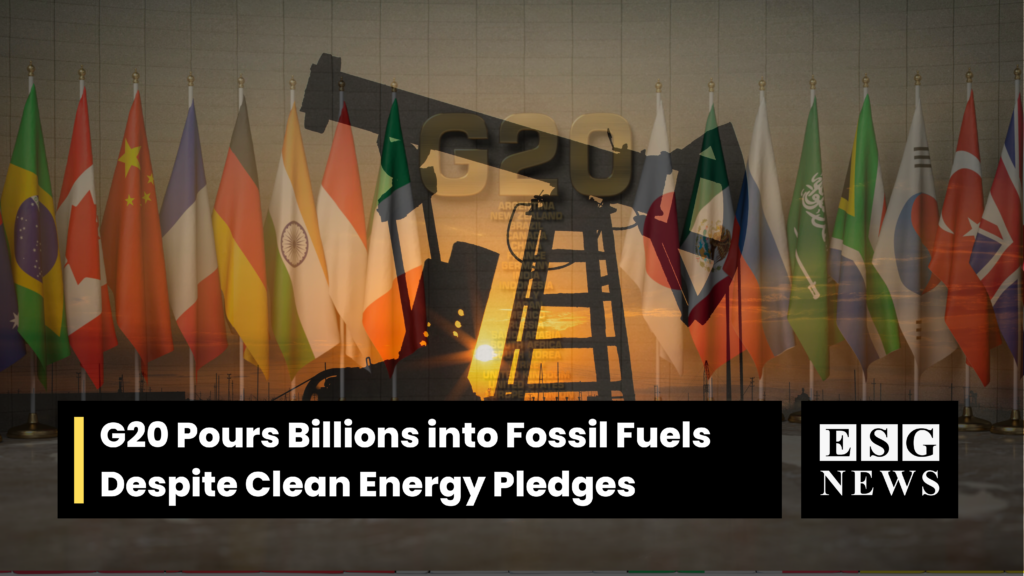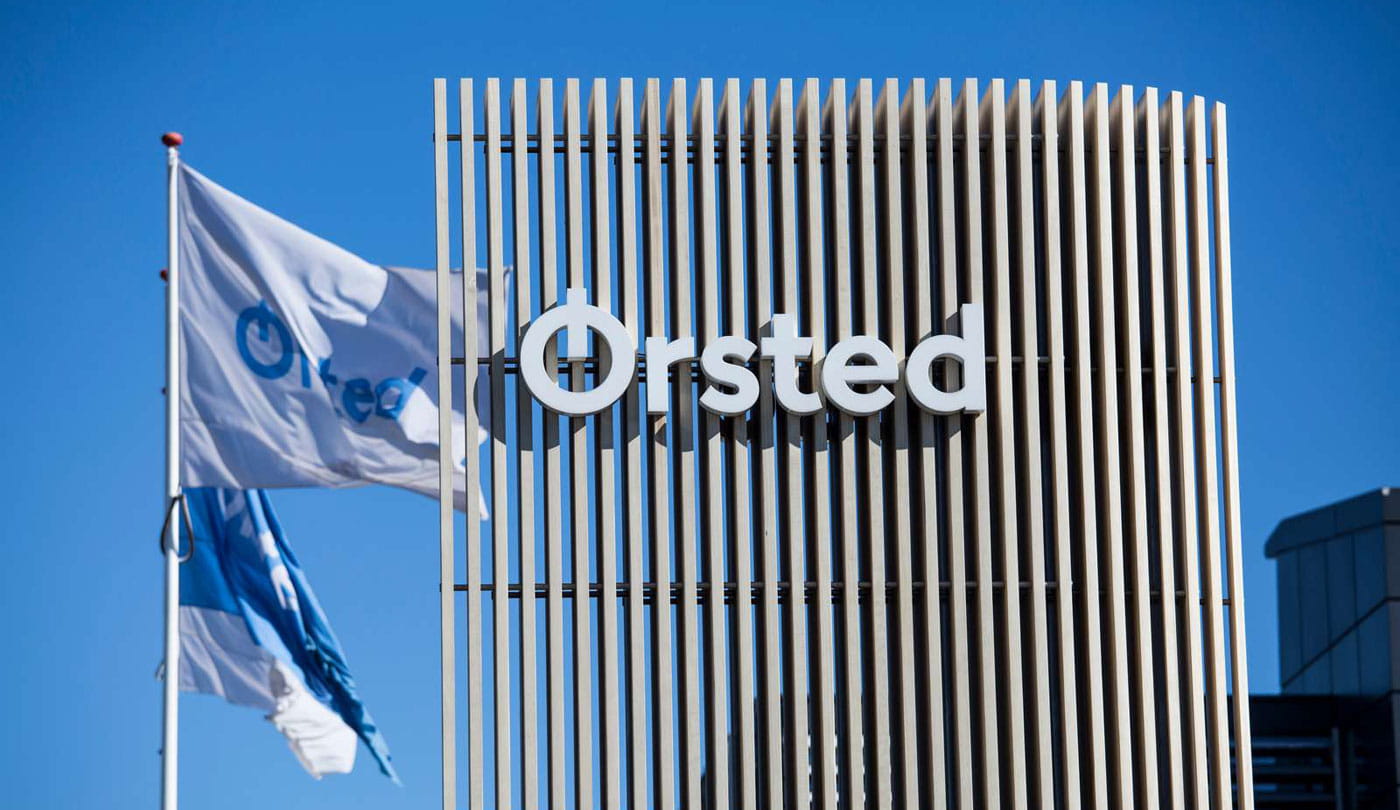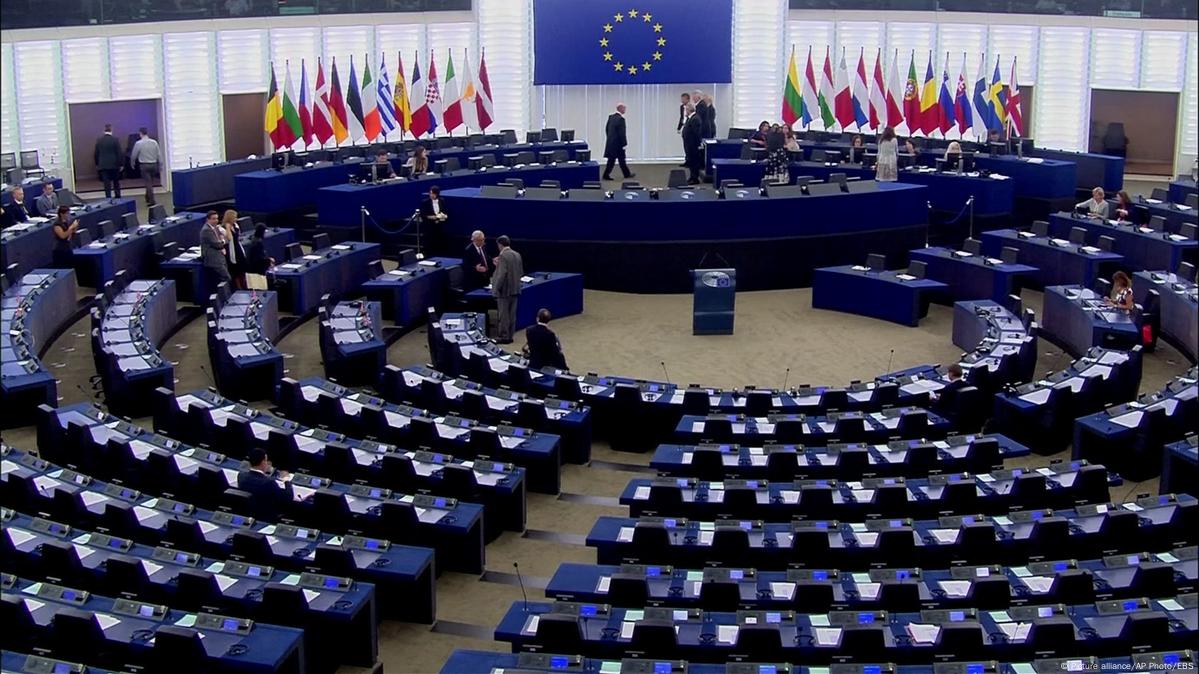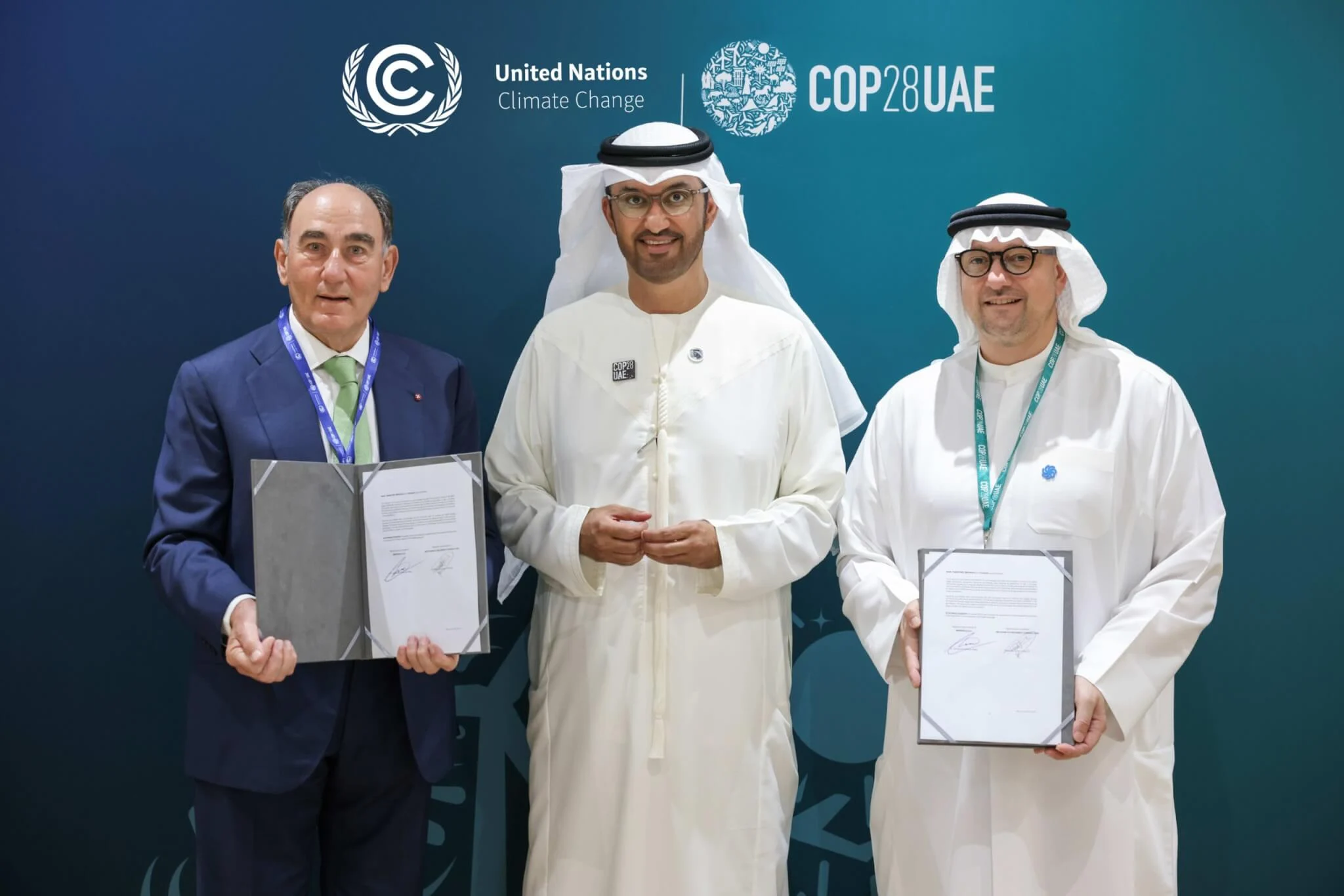Broken Promises: G20 Pours Billions into Fossil Fuels Despite Clean Energy Pledges

|
Listen to this story:
|
- G20 nations and multilateral development banks channeled $142 billion towards fossil fuels projects in developing countries between 2020-2022.
- This is nearly 1.4 times the amount invested in clean energy projects during the same period.
- Canada, Japan, and South Korea were the top financiers of these fossil fuel projects.
- While some G7 nations pledged to end overseas fossil fuel funding, loopholes and continued gas project financing persist.
A Broken Promise: Fossil Fuel Funding Continues Despite Climate Commitments
A new report by Oil Change International (OCI) and Friends of the Earth US reveals a troubling disconnect between the climate pledges of G20 nations and their actual financial practices. The report exposes that, between 2020 and 2022, G20 countries and the multilateral development banks they fund poured a staggering $142 billion into fossil fuel projects in developing countries. This sum dwarfs the $104 billion invested in clean energy initiatives during the same timeframe, highlighting a concerning prioritization of fossil fuels despite international climate commitments.
Kate DeAngelis, Senior International Finance Program Manager at Friend of the Earth United States, said:
“While international public finance could be a catalyst for the just energy transition, government leaders are failing to use it to deliver clean energy solutions where they are most needed. As this report highlights less than 10% of the G20 and major multilateral development bank financing is even reaching low-income countries where energy access needs are greatest. Even worse, a shocking three quarters of that finance is being channeled to climate-wrecking fossil fuel projects that deliver virtually no energy access to communities, and instead, lock in more pollution, climate-wrecking emissions, and devastation.”
Canada, Japan, and South Korea: Top Culprits in Fossil Fuel Financing
The report identifies Canada, Japan, and South Korea as the leading culprits behind this continued fossil fuel financing. These nations channeled billions of dollars towards expanding fossil fuel operations in developing countries, further hindering the global transition to clean energy. Notably, gas projects received a significant portion of this funding, raising concerns about the long-term environmental impact.
Makiko Arima, Senior Finance Campaigner at Oil Change International, highlights the specific case of Japan:
“Japan is derailing the transition to renewable energy across Asia and globally. Despite its G7 commitment to end fossil fuel financing, its public financial institutions like the Japan Bank for International Cooperation (JBIC) continue to support new fossil fuel projects, including the Scarborough gas field in Australia and gas power plants in Mexico. JBIC is currently investigating a claim that it failed to follow its social and environmental safeguards in developing the Philippines’ first LNG import terminal in Batangas. Japan needs to put people and planet over profit, and shift its finances from fossil fuels to renewables.”
RELATED ARTICLE: G7 Establishes Climate Club to Support Green Transition
Loopholes and Backsliding Undermine G7 Pledges
The findings expose a gap between the promises made by some G7 nations and their actions. While the G7 pledged to halt overseas fossil fuel funding in 2022, loopholes and a focus on gas projects continue to undermine this commitment. Countries like the United States and Japan have been criticized for exploiting loopholes and failing to implement concrete policies to end fossil fuel financing.
Claire O’Manique, Public Finance Analyst at Oil Change International Notes:
“While rich countries continue to drag their feet and claim they can’t afford to fund a globally just energy transition, countries like Canada, Korea, Japan and the US appear to have no shortage of public funds for climate-wrecking fossil fuels. We must continue to hold wealthy countries accountable for their role in funding the climate crisis, and demand they move first and fastest on a fossil fuel phaseout, to stop funding fossil fuels, and that they pay their fair share of a globally just transition, loss and damage and adaptation finance.”
Peter Bosip, executive director of the Centre for Environmental Law & Community Rights (CELCOR) said:
“International public finance streamed into Papua New Guinea over a decade ago to fund a disastrous liquefied natural gas project. Despite the human rights abuses and environmental destruction, these same institutions are set to support a related gas project that is likely to have similarly deleterious effects. This report demonstrates that Papua New Guinea is not alone – international public finance is still providing billions every year for fossil fuels. It is time for public finance institutions to learn some lessons from past mistakes and refuse to support Papua LNG and other fossil fuel projects.”
Shifting Priorities: A Call for Action
The report underscores the urgent need for G20 nations to align their financial practices with their climate pledges. Experts from OCI and Friends of the Earth US emphasize the importance of holding wealthy countries accountable for their role in perpetuating the climate crisis. They call for a swift transition away from fossil fuels and a shift in funding towards clean energy solutions, particularly in developing nations where energy access is a critical challenge.
This report serves as a stark reminder of the work that remains in achieving a just transition to a clean energy future. By highlighting the disconnect between promises and actions, it compels G20 nations to prioritize climate action and invest in a sustainable future for all.








